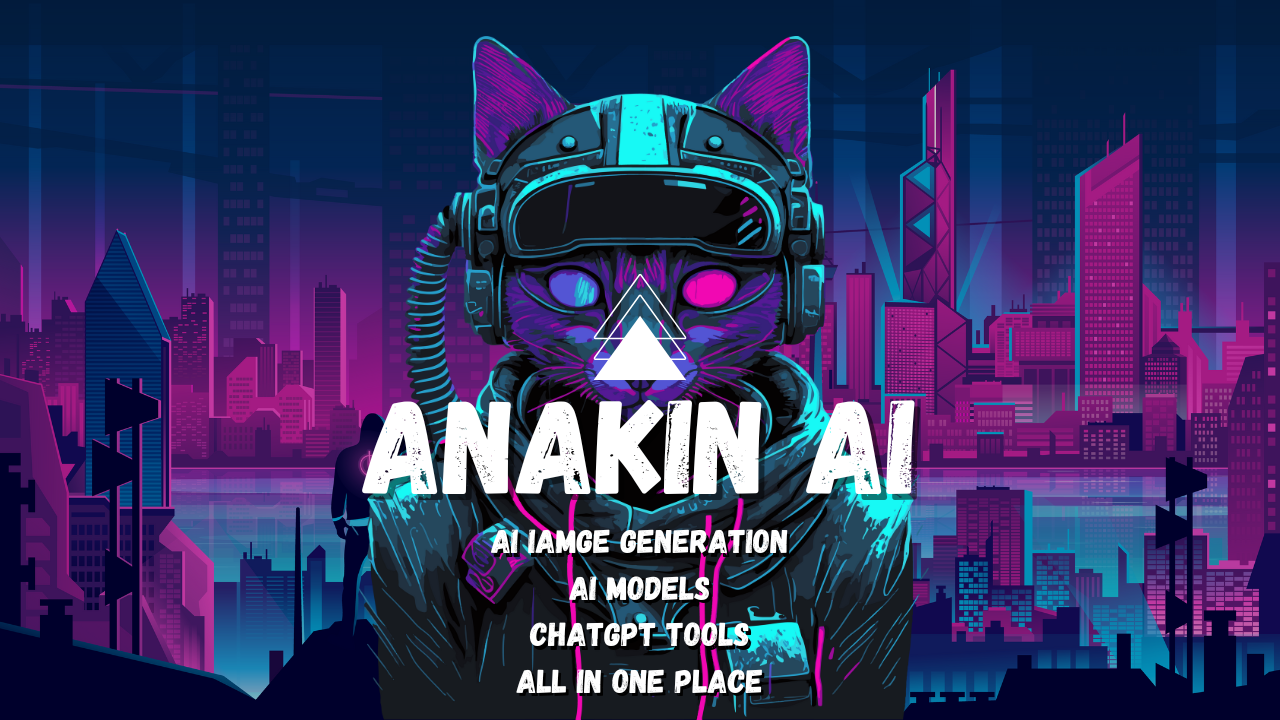Master Token Counting with Tiktoken for OpenAI Models
Published on
Tiktoken: Counting Tokens Made Easy
Article Summary:
- Tiktoken is an open-source tokenizer developed by OpenAI that allows you to split a text string into tokens, making it useful for tasks such as token counting or estimating API call costs.
- It supports three encodings: cl100k_base, p50k_base, and r50k_base, which you can retrieve using the
tiktoken.encoding_for_model()function. - Tiktoken is available for various programming languages, including Python, .NET/C#, Java, Golang, and Rust.
Have you ever wondered how many tokens are in a text string? Or perhaps you're interested in estimating the cost of using the OpenAI API for a particular task. Counting tokens accurately is crucial for these purposes, and that's where Tiktoken comes in. This open-source tokenizer, developed by OpenAI, allows you to easily split a text string into tokens, providing a useful tool for a range of applications.
Introduction to Tiktoken
Tiktoken is a powerful open-source tokenizer that can be used to count tokens in a text string or estimate the cost of an OpenAI API call. Tokens are the individual units that make up a text, ranging from single characters to entire words. By understanding the number of tokens, you can better manage your usage and optimize your interactions with OpenAI models.
Encodings Supported by Tiktoken
Tiktoken supports three encodings that are used by OpenAI models: cl100k_base, p50k_base, and r50k_base. These encodings determine how the tokenizer splits the input text into tokens. Depending on the encoding, words may be split differently, spaces may be grouped differently, and non-English characters may be handled in distinct ways.
To determine the encoding of a specific OpenAI model, you can use the tiktoken.encoding_for_model() function, which retrieves the appropriate encoding for the model you're working with.
Tiktoken Tokenizer Libraries
Tiktoken is available for various programming languages, making it accessible to developers regardless of their preferred language. The following libraries are available for different programming languages:
- Python: tiktoken-python (opens in a new tab)
- .NET/C#: tiktoken-dotnet (opens in a new tab)
- Java: tiktoken-java (opens in a new tab)
- Golang: tiktoken-go (opens in a new tab)
- Rust: tiktoken-rs (opens in a new tab)
You can find the necessary links to the respective tokenizer libraries above, enabling you to integrate Tiktoken seamlessly into your preferred programming language.
Tokenizing Strings with Tiktoken
In English, Tiktoken tokenizes text strings by considering tokens that range in length from a single character to an entire word. Spaces are typically grouped with the starts of words. To visualize the tokenization process, you can use the OpenAI Tokenizer web app or the Tiktokenizer web app, where you can input your text and observe how it's split into tokens.
Using Tiktoken, you can also tokenize strings directly in your code. Let's take a look at how to install and import Tiktoken in Python.
Installation and Importing
To install Tiktoken in Python, you can use the following command:
pip install tiktokenOnce installed, you can import the tiktoken library in your Python code using the following import statement:
import tiktokenNow that we have Tiktoken installed and imported, let's learn how to load an encoding.
Loading an Encoding in Tiktoken
Before you can tokenize a text string, you need to load the appropriate encoding. You can do this using Tiktoken's get_encoding() function. Specify the encoding name, such as cl100k_base, as an argument to the function. Here's an example:
encoding = tiktoken.get_encoding("cl100k_base")Once the encoding is loaded, you can use it to tokenize text strings.
Converting Text to Tokens with Tiktoken
Now that we have installed Tiktoken and explored some other tokenizers, let's dive deeper into how to use Tiktoken to convert text into tokens.
To convert a text string into tokens using Tiktoken, we need to follow these steps:
-
Load the desired encoding in Tiktoken using the
tiktoken.get_encoding()function. This step ensures that the tokenization process is aligned with the specific OpenAI model we plan to use.import tiktoken encoding_name = "cl100k_base" # or "p50k_base" or "r50k_base" encoding = tiktoken.get_encoding(encoding_name) -
Initialize the Tiktoken tokenizer with the loaded encoding.
tokenizer = tiktoken.Tiktoken(encoding) -
Pass the text string to the Tiktoken tokenizer's
tokenize()method to convert it into tokens.text = "This is an example sentence." tokens = tokenizer.tokenize(text) -
The
tokenize()method returns a list of tokens. We can print the tokens to see the output.print(tokens)Output:
['This', ' is', ' an', ' example', ' sentence', '.']Note that the tokens are separated by spaces, and punctuation marks are treated as individual tokens.
By following these steps, you can easily convert any text string into tokens using Tiktoken. This can be particularly useful when working with OpenAI models, as it helps estimate the number of tokens used and can be used to estimate the cost of an API call.
Conclusion
In this article, we explored the open-source tokenizer Tiktoken developed by OpenAI. We discussed the usefulness of Tiktoken in determining the number of tokens in a text and estimating the cost of an OpenAI API call. We also learned about the encodings supported by Tiktoken and how to retrieve the encoding for a specific OpenAI model. Additionally, we discovered the availability of Tiktoken for various programming languages and explored the process of tokenizing strings using Tiktoken. Finally, we learned how to install Tiktoken, import the library, load an encoding, and convert text into tokens using Tiktoken.
Tiktoken is a powerful tool that can greatly assist in working with OpenAI models and optimizing the usage of tokens. By leveraging Tiktoken's capabilities, developers can better manage the token limits and costs associated with OpenAI API calls.

